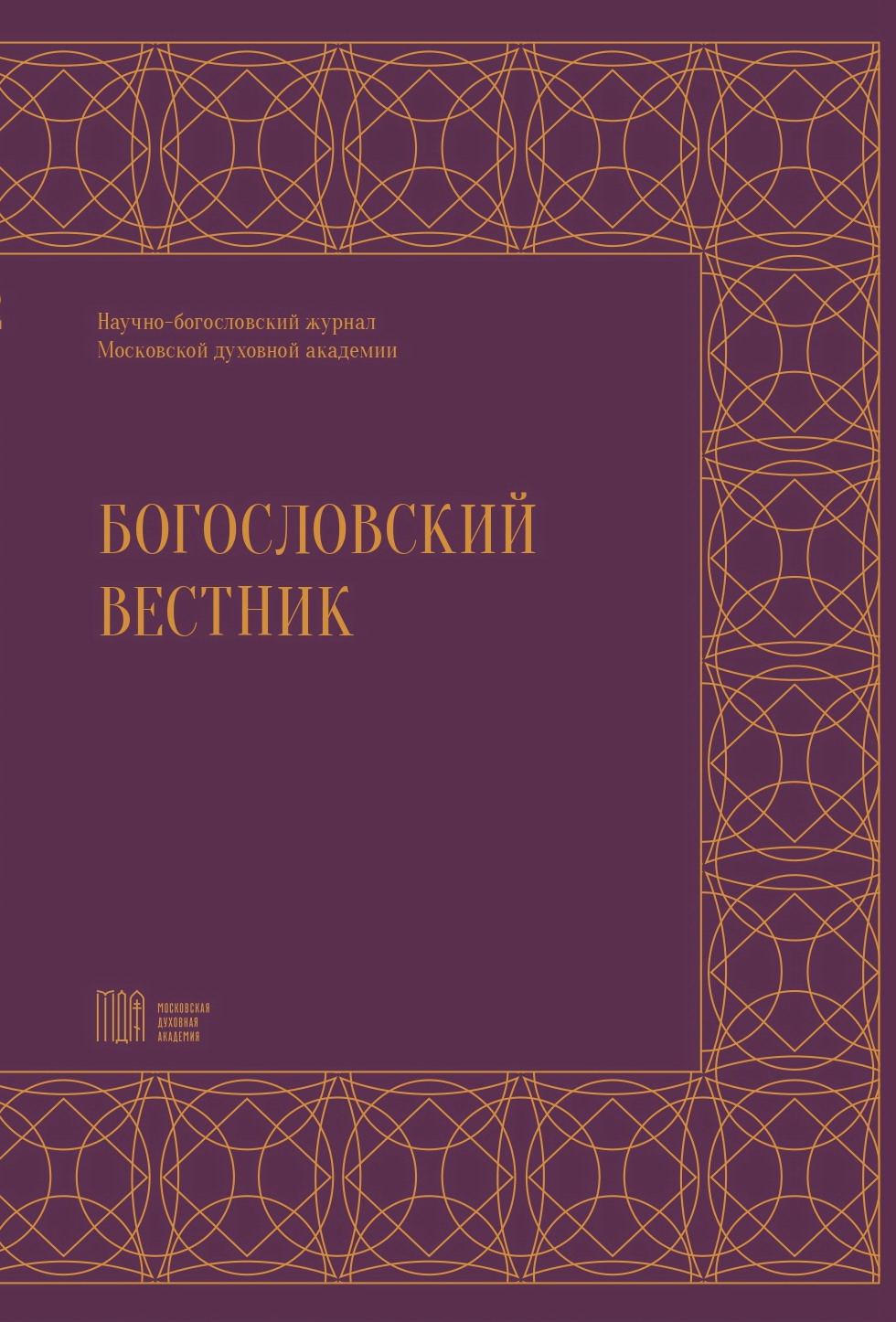‘Where is the Source of the System?’: Academic Strategies for Attributing the Teachings of the Fourth Way
DOI:
https://doi.org/10.31802/GB.2024.54.3.016Keywords:
Western esotericism, the Fourth Way, theosophy, gnosticism, religious practices, hesychasm, Orthodoxy, Sufism, GurdjieffAbstract
The article discusses a new wave of interest in the teachings of George Ivanovich Gurdjieff at the Western Academy, highlights the key question around which the main controversy is currently going on: where are the origins of the Gurdjieff system? Several hypotheses are consistently analyzed: Sufi — proposed mainly by adherents of the doctrine, globally esoteric — put forward by J. Webb, and Gnostic — developed by T. Churton. A new conceptualization of Gurdjieff's teaching, developed by D. Aziz, is considered in details. Aziz’s arguments in favor of the fact that Gurdjieff derived his system from the Hesychast Athonite tradition are analyzed, it is concluded that there are some reasons for this view. Aziz concept is deconstructed on the basis that at the general philosophical and anthropological levels Gurdjieff’s practices exist in a completely different mechanical-materialistic coordinate system in relation to the spiritual-religious picture of hesychasm. The article proposes a new version of the source of Gurdjieff's system — the theosophical one. To substantiate it, the historical connections of the two teachings are given and it is shown that Gurdjieff popularized himself in theosophical occult circles. Further, a number of fundamental features that Gurdjieff’s system takes from theosophy are revealed: the sevenfold structure of cosmology and anthropology, evolutionism, quasi-scientific discourse, the esoteric core of religions, and the practice of constructing biographies. In the final part, it is concluded that Gurdjieff used theosophical concepts and myth, creating from abstract theoretical knowledge a system of practices based on the unique personality of a charismatic teacher who did not need the authority of distant mahatmas.
Downloads
References
Ferapontoff B. Constantinople Notes on the Transition to Man Number 4 / ed. J. Azize. Mount Desert (Maine): Beech Hill, 2017.
Hartmann T., de., Hartmann O., de. Our Life with Mr. Gurdjieff. London: Penguin Books, 1992.
Блаватская Е. П. Тайная доктрина. Т. 1. Москва: Эксмо, 2005.
Гурджиев Г. Критика жизни человека. Рассказы Вельзевула своему внуку. Москва: АСТ, 2022. Успенский П. Д. Совесть: поиск истины. Санкт-Петербург: Невский Курьер; Диалог, 1997. Успенский П. Д. В поисках чудесного. Москва: Фаир, 2012.
Шульгин В. В. Последний очевидец: Мемуары. Очерки. сны. Москва: Олма-Пресс, 2002.
Шульгин В. В. Тени, которые проходят. Москва: Нестор-История, 2012.
Дворкин А. Л. Моя Америка. Нижний Новгород: Христианская библиотека, 2013.
Носачев П. Г. Блеск и нищета социологии оккультного: Теория оккультуры К. Партриджа // Вестник Православного Свято-Тихоновского гуманитарного университета. Серия 1: Богословие. Философия. Религиоведение. 2017. № 70. С. 110-126.
Ровнер А. Гурджиев и Успенский. Москва: Старклайт; Номос, 2006.
Стефанов Ю. Н. Мистики, оккультисты, эзотерики. Москва: Вече, 2006.
Чёртон Т. Гностическая философия: от древней Персии до наших дней. Москва: Рипол- классик, 2008.
Шишкин О. Сумерки магов. Георгий Гурджиев и другие. Москва: Эксмо; Яуза, 2005.
Azize J. Assessing Borrowing: The Case of Gurdjieff // Aries. 2020. № 20. P. 1-30.
Azize J. Esotericism, Occultism, and Magic: The Case of Gurdjieff and Crowley // Correspondences. 2020. Vol. 8. № 2. P. 157-217.
Azize J. Gurdjieff: Mysticism, Contemplation, and Exercises. New York (N. Y.): Oxford University Press, 2020.
Burmistrov K. Yu. Gurdjieff in Constantinople: New Evidence and Documents // Aries. 2021. № 21. P. 185-224.
Churton T. Deconstructing Gurdjieff: Biography of a Spiritual Magician. Rochester (N. Y.): Inner Traditions International 2017.
Esoteric Transfers and Constructions: Judaism, Christianity, and Islam / ed. M. Sedgwick, F. Piraino. Cham: Palgrave Macmillan, 2021.
Hulme K. Undiscovered Country: The Search for Gurdjieff. Boston (Mass.): Atlantic Monthly Press, 1966.
Huss B. Mystifying Kabbalah: Academic Scholarship, National Theology, and New Age Spirituality / trans. E. Lutsky. New York (N. Y.): Oxford University Press, 2020.
Jones C. A. Gnostic Sensibility in Gurdjieff’s «Work» // The Gnostic World / ed. G. Trompf. London: Routledge, 2018. P. 516-526.
Rudb0g T. The I AM Activity // Handbook of the Theosophical Current / ed. O. Hammer, M. Rothsten. Leiden: Brill, 2013. P. 151-172.
Sedgwick M. Western Sufism: From the Abbasids to the New Age. New York (N. Y.): Oxford University Press, 2016.
Strube J. Vril: Eine okkulte Urkraft in Theosophie und esoterischem Neonazismus. Mϋnchen: Wilhelm Fink, 2013.
Sutcliffe S. J., Willmett J. P. «The Work»: The Teachings of G. I. Gurdjieff and P. D. Ouspensky in Russia and Beyond // The Oxford Handbook of Russian Religious Thought / ed. C. Emerson, G. Pattison, R. A. Poole. New York (N. Y.): Oxford University Press, 2020. P. 543-561.
Webb J. The Harmonious Circle: The Lives and Work of G. I. Gurdjieff, P. D. Ouspensky, and Their Followers. Boston (Mass.): Shambala, 1987.
Downloads
Published
How to Cite
License

This work is licensed under a Creative Commons Attribution-ShareAlike 4.0 International License.








